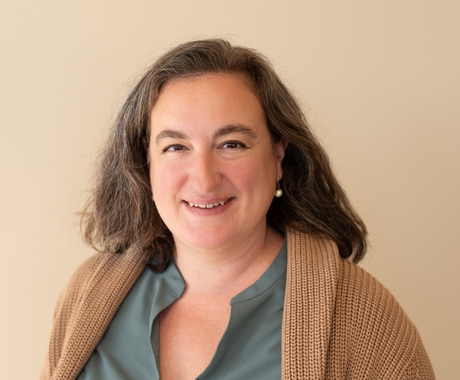Rhea Landholm, brand marketing and communications manager, rheal@cfra.org or 402.687.2100 ext. 1025. Traci Bruckner will be at the Unicameral today, providing testimony pursuant to Legislative Resolutions 332 and 344.
Lincoln, Nebraska - Today, the Nebraska Unicameral Legislature’s Revenue and Education Committees are holding a joint public hearing to gather public input on LR 332 and LR 344, interim studies examining tax revenues for public schools, in the State Capitol, Room 1113 beginning at 9 a.m.
The committees will hear invited testimony from the Center for Rural Affairs and other advocacy groups in the morning. Traci Bruckner, Senior Policy Associate for the Center for Rural Affairs in Lyons, Nebraska, will provide testimony on the organization’s behalf.
Open testimony will begin at 1:30 p.m. NET Nebraska will stream the hearings online[http://www.netnebraska.org/interactive-multimedia/government/legislative....
The Center for Rural Affairs is releasing the following statement from Traci Bruckner in advance of her testimony.
Rooted in rural Nebraska with a 40 year history, we understand the challenges facing farmers and ranchers. In testimony to the Tax Modernization Committee we agreed that property taxes are too high and local government entities are too reliant on property taxes. While we recognize farmers and ranchers often bear the greatest burden, our mission is not to represent the interests of one group. Our mission is to support policy that builds strong rural communities and provides opportunity for all rural people.
Traci Bruckner, Center for Rural Affairs
“In 1992 our organization conducted a comprehensive study that examined our state’s tax system. We identified strengths and weaknesses and made recommendations for improvement,” Bruckner testified. “We were disappointed to find that in 2015 many of the exact same inadequacies that were crippling then are still in place today. Today, as in 1992, we put forward three recommendations that will result in more equitable funding of our K-12 education system.”
Bruckner’s testimony included recommendations to - use targeted relief to reduce reliance on property tax to no more than one-third of K-12 revenue; make the overall tax system less regressive; and broaden the tax base.
“Currently 48 percent of education funding is sourced through property tax,” Bruckner testified. “Relief should be targeted to those who need it most - modest owner-occupied homes and owner-operated farms of modest means. We need to refocus the property tax relief fund by enacting a maximum reduction, or use it for a circuit breaker tax refund.”
According to Bruckner, in a service-oriented economy it is unrealistic to ignore the sales tax base represented by the service sector. Modernizing sales tax to include services purchased by households could create an additional $194 million of revenue to offset reliance on property tax.
“But broadening the tax base in this way should exclude taxing services that most directly impact low and moderate income families or consider offsetting this impact through a low-income credit,” Bruckner added.
“And we recommend considering a school funding surtax, calculated by multiplying a person’s state individual income tax liability by a set percentage. A 5 percent school funding local income surtax results in approximately $100 million of additional local revenue, while making the overall tax system less regressive,” Bruckner concluded.



